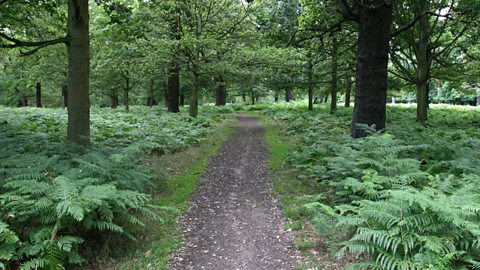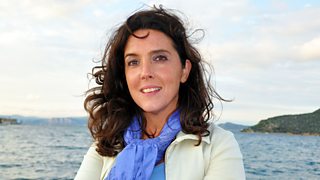Why we should all hold on to hope
Hope is being able to see that there is light despite all of the darkness.Archbishop Desmond Tutu
Through difficult times, the daily grind and the problems that we encounter in our lives, staying positive and committing to change can be a real challenge. That’s where hope comes in.
Whatever life has thrown at you – be it loss, ill health, problems at work or relationship ups and downs – it’s important to hold on to hope. It helps us to reach our goals, keep calm, stay happy – and it might even help us heal.

1. Hope helps us to reach our goals
Hope is not the same as optimism – it is active rather than passive. Hope motivates us into taking positive actions that can lead to positive results. Feeling hopeful allows us to approach problems and challenges with a strategy for success, increasing the chances of us actually achieving our goals.
Author of “The Anatomy of Hope”, Jerome Groopman, states how though “false hope can lead to intemperate choices and flawed decision making. True hope takes into account the real threats that exist and seeks to navigate the best path around them.”
-
![]()
In Our Time: Hope
Melvyn Bragg and guests discuss the philosophy of hope - a weakness or a strength?
2. Hope helps us to see setbacks as a chance for improvement
We are all going to fail and experience disappointment in life. But hope helps us to see any setbacks as a chance for growth and improvement – to see the opportunity in the challenges we face. Why did things go wrong? Is there something we can do to up the odds of success next time?
Once you choose hope, anything鈥檚 possible.Actor Christopher Reeve
Without hope it is a lot easier to give up when first we fail or things don’t run smoothly, but hope helps us to make a contingency plan and push forward. Hope allows us to make ourselves vulnerable, stay upright when we fail and learn from our mistakes.

How mistakes make you smarter
Claudia Hammond discovers that making mistakes is crucial to brain growth
3. Hope boosts our happiness
There is no doubt about it – hope has a feel-good quality.
Success is walking from failure to failure with no loss of enthusiasm.Former Prime Minister Sir Winston Churchill
Shane Lopez is the author of a book called “Making Hope Happen” and he explains how hope buffers us from stress, anxiety and the impact of negative events in our life. To “look on the bright side of life” boosts our happiness, reduces feelings of helplessness and actually improves our mental health.
4. Hope prevents us from “catastrophising”
The opposite of hope is hopelessness and despair. Without hope there is fear. Hope may not always change the outcome but it can help us to cope with the journey – even enjoy it.
Author Marian Zimmer Bradley said, “The road that is built in hope is more pleasant to the traveler than the road built in despair, even though they both lead to the same destination.”

Why do we say the word 'hope' so much?
Oliver Burkeman talks about the word 'hope' and its use in our everyday language.

5. Hope can help us heal
It is well documented that feeling hopeful can have a positive physiological impact on us - the connection between the mind and the body is very real.
We must accept finite disappointment, but never lose infinite hope.Social activist Martin Luther King
Jerome Groopman states how, “Researchers are learning that a change in mind-set has the power to alter neurochemistry.” He believes hope can even ease our sense of pain: “Belief and expectation - the key elements of hope - can block pain by releasing the brain’s endorphins and enkephalins, mimicking the effects of morphine,” says Groopman. And “In some cases, hope can also have important effects on fundamental physiological processes like respiration, circulation and motor function.”
Groopman's research showed that during illness, hope had an impact on the nervous system that makes improvement and recovery more likely. This goes some way to explaining the “placebo effect” – a tangible physical improvement created by hope alone.
To learn more about hope, listen to Radio 4's In Our Time.
-
![]()
In Our Time: Hope
Melvyn Bragg and guests discuss the philosophy of hope - a weakness or a strength?
-
![]()
The Ideas That Make Us: Hope
Are we hard-wired for hope? Bettany Hughes finds out why we believe things can get better.
-
![]()
Short Cuts: Hope Dies Last
Josie Long with stories of hope in darkness.
-
![]()
Why the self-care movement really works
What is self-care and what's the evidence that it works for anxiety and depression?



